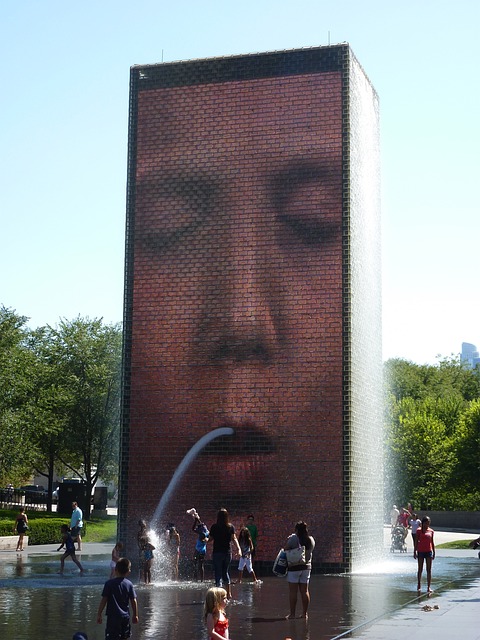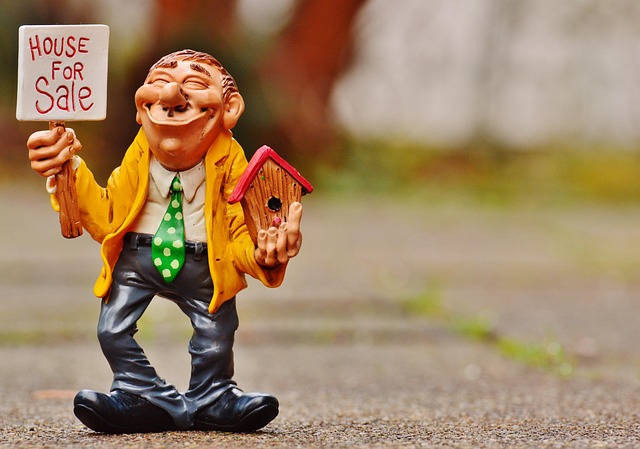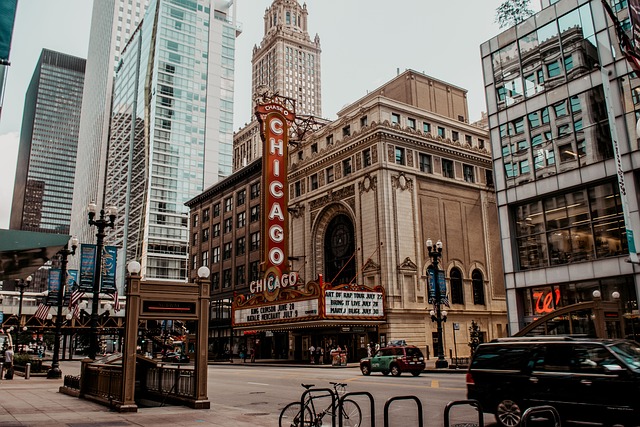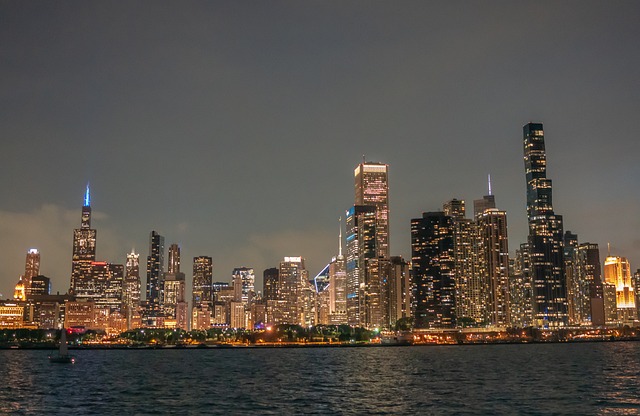Chicago homeowners facing fire damage sales navigate complex processes involving structural integrity checks, market-driven appraisals by real estate agents and appraisers, insurance adjustments, strategic repair documentation, home staging, and expert collaboration. Key steps include assessing water and smoke damage, electrical/plumbing systems, warping from heat exposure, understanding insurance implications for repairs and settlement, setting realistic expectations, and engaging specialists for successful selling of a fire-damaged house in Chicago.
After a fire, property valuation in Chicago can be complex. This article guides you through the intricacies of post-fire assessments, offering valuable insights for both homeowners and real estate professionals. We explore key considerations, from identifying fire damage signs to understanding insurance coverage. Learn effective strategies for selling a fire-damaged house in Chicago, ensuring a smooth transition despite the challenges. Maximize your knowledge and navigate this process with confidence.
- Understanding Post-Fire Property Valuation in Chicago
- Assessing Fire Damage: What to Look For
- The Role of Insurance in Fire-Damaged Properties
- Strategies for Selling a Fire-Damaged House in Chicago
Understanding Post-Fire Property Valuation in Chicago
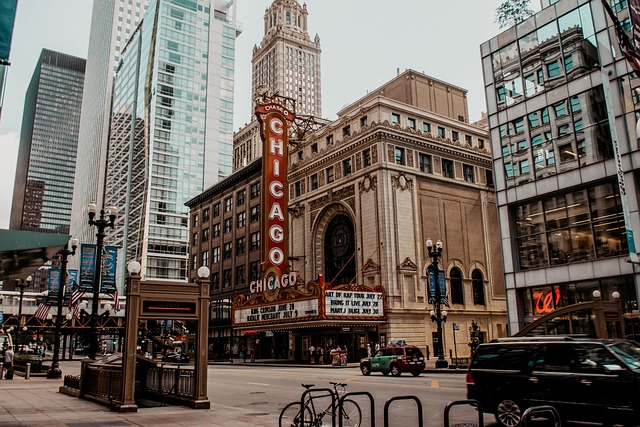
In the aftermath of a fire, homeowners in Chicago often find themselves navigating complex challenges when it comes to property valuation. Understanding the process is crucial when selling a fire-damaged house. The initial step involves a thorough inspection to assess the extent of the damage. This detailed evaluation considers both structural integrity and the scope of restoration required, offering a clear picture of the property’s current value.
Chicago’s real estate market dynamics play a significant role in post-fire valuations. Local real estate agents and appraisers are well-versed in these nuances, helping homeowners accurately position their properties for sale. They employ specialized techniques to compare damaged homes with similar, undamaged properties in the area, taking into account market trends and recent sales data. This comparative analysis ensures a just valuation, enabling Chicago residents to make informed decisions as they rebuild after a fire.
Assessing Fire Damage: What to Look For

When assessing fire damage to a property in Chicago, it’s crucial to inspect several key areas. Start with structural integrity—check for cracks, collapsing ceilings or walls, and any signs of uneven settlement. Look for water damage from firefighting efforts as well, as these can lead to further complications like mold growth, which can significantly lower the property value when selling a fire-damaged house Chicago.
Pay close attention to the extent of smoke and soot damage throughout the house. Smoke can leave behind unpleasant odors and invisible toxins, impacting air quality and potentially deterring buyers. Assess whether any electrical or plumbing systems have been affected; damaged wiring or pipes will need professional repair before the property is market-ready. Keep an eye out for warping or melting from heat exposure, especially in wooden structures and fixtures. These signs can indicate severe fire damage that may require extensive renovation to restore the home’s value.
The Role of Insurance in Fire-Damaged Properties
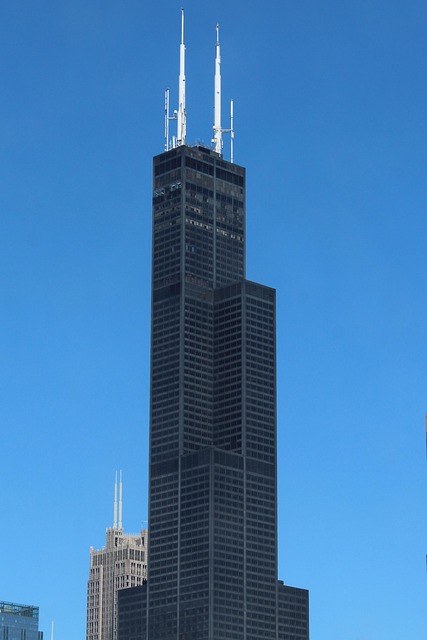
When a fire strikes, one of the first thoughts on many homeowners’ minds is their insurance coverage—and for good reason. Insurance plays a pivotal role in post-fire property valuation in Chicago and beyond. Homeowners with comprehensive insurance policies can expect to have their damaged properties assessed and repaired or replaced based on the scope of the damage. This includes not just structural repairs but also the replacement of personal belongings and lost living expenses during the recovery period.
For those selling a fire-damaged house in Chicago, understanding the insurance process is crucial. Insurance adjusters will thoroughly inspect the property to determine the cause and extent of the fire damage, which directly impacts the settlement amount. Homeowners should keep detailed records of all repairs and replacements made to ensure they receive fair compensation. This not only aids in the selling process but also ensures that owners are appropriately compensated for their losses.
Strategies for Selling a Fire-Damaged House in Chicago

Selling a fire-damaged house in Chicago can be a challenging process, but with the right strategies, it’s possible to navigate this difficult situation successfully. The first step is to thoroughly assess the damage and create a detailed list of repairs needed. This not only helps potential buyers understand the scope of work required but also allows you to negotiate prices effectively. Many home owners make the mistake of underestimating the costs involved, so ensuring accuracy here is crucial.
Next, consider staging your home to showcase its best features while highlighting the areas that have been repaired or are in the process of restoration. This can help buyers visualize the potential of the property beyond the immediate damage. Additionally, working with a real estate professional who specializes in post-fire sales can provide invaluable support. They understand the unique challenges and have the expertise to guide you through the process, ensuring you get the best possible outcome for your Chicago property.
Post-fire property valuation in Chicago requires a nuanced approach that considers both structural damage and emotional impact. By understanding the specific assessment criteria, leveraging insurance coverage, and employing strategic marketing tactics for selling a fire-damaged house in Chicago, homeowners can navigate this challenging process with confidence. These steps ensure fair compensation and a smoother transition for those looking to rebuild or move forward.
